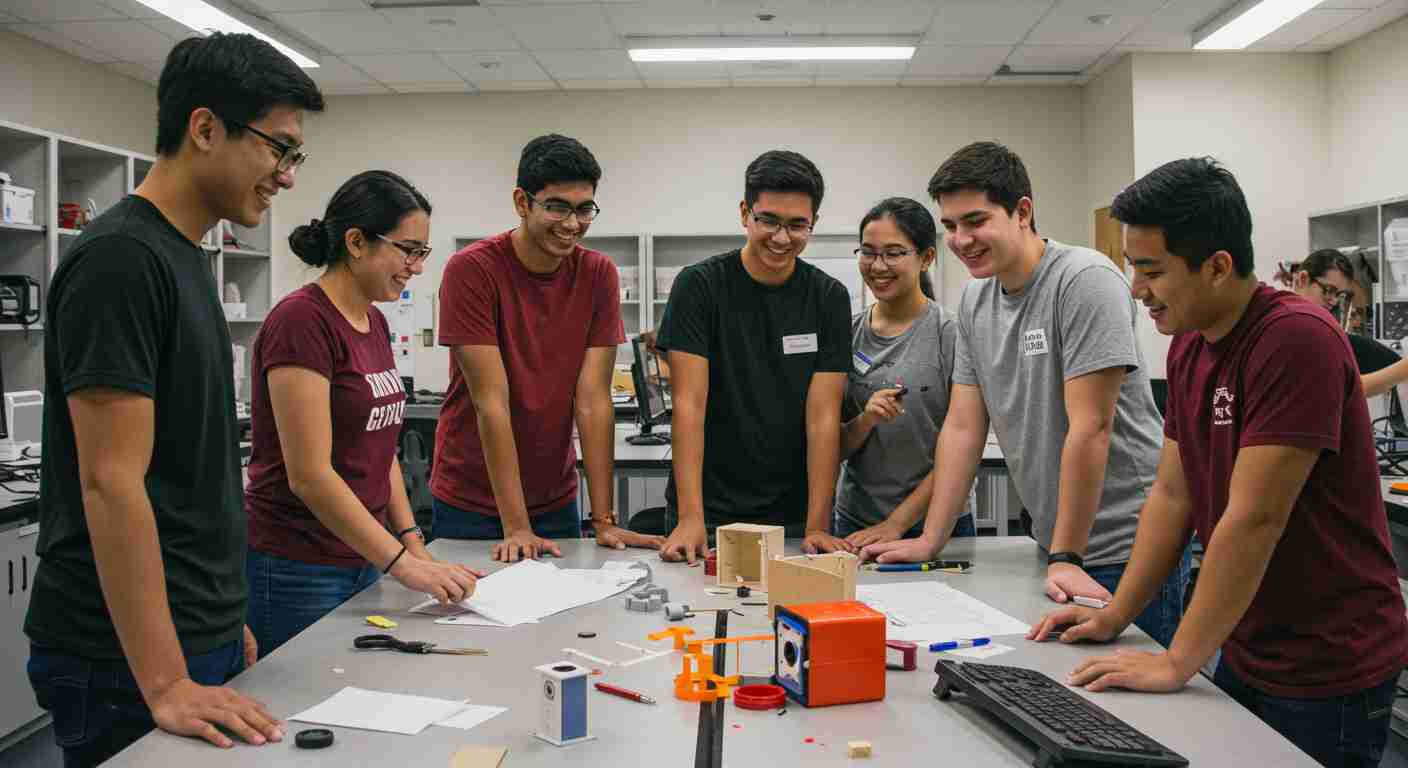Job Overview
Cultivating the Next Generation of Inventors: Our Commitment to Inclusive Innovation in Higher Education
Invention is critical to the future we all want. That’s why we’re investing in invention education and entrepreneurship within U.S. higher education to unlock the potential of student inventors—especially those from underrepresented and under-resourced communities.
By supporting student-led, invention-based projects and addressing key barriers such as lack of mentorship, prototyping access, and funding, we aim to create a vibrant pipeline of innovations that not only succeed in the marketplace but also deliver social and environmental impact.
Our approach focuses on transforming institutional cultures to support inventor-entrepreneurs, while ensuring that environmental responsibility is embedded in every stage of product development. Together with our partners, we’re helping shape an innovation ecosystem that is inclusive, ethical, and future-ready.
Two priorities in our work are:
To increase the number of under-resourced and under-represented students who have access to resources to pursue invention and entrepreneurship.
To elevate the importance of environmental responsibility – considering and minimizing negative environmental impacts – when designing and developing physical products.

Empowering Student Inventors Through Innovation
FAQs
Q1: Why focus on invention in higher education?
College campuses are hotbeds of creativity. Supporting students early equips them to become future inventor-entrepreneurs in a rapidly evolving job market.
Q2: What kinds of projects do you support?
We support student-led, invention-based projects with real potential for marketplace impact—particularly those with social or environmental benefits.
Q3: Who are you trying to reach?
Under-resourced and underrepresented students in U.S. colleges and universities who traditionally lack access to innovation resources.
Q4: Why emphasize environmental responsibility?
We want the future to be green. That’s why minimizing environmental impact is a key design principle in every product we support.
Q5: What barriers does your work address?
We focus on overcoming funding gaps, lack of prototyping space, limited mentorship, and poor market access for student innovators.


